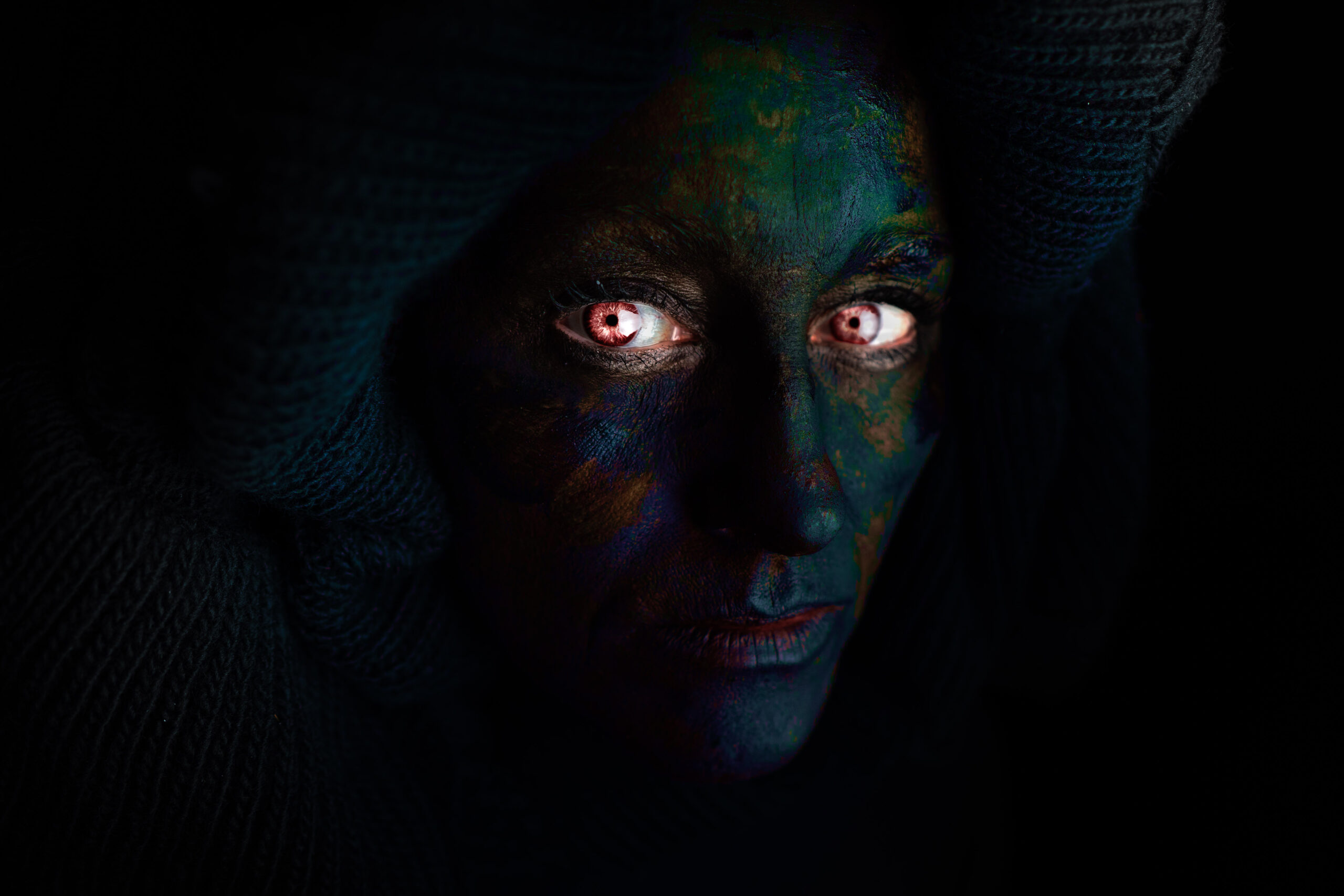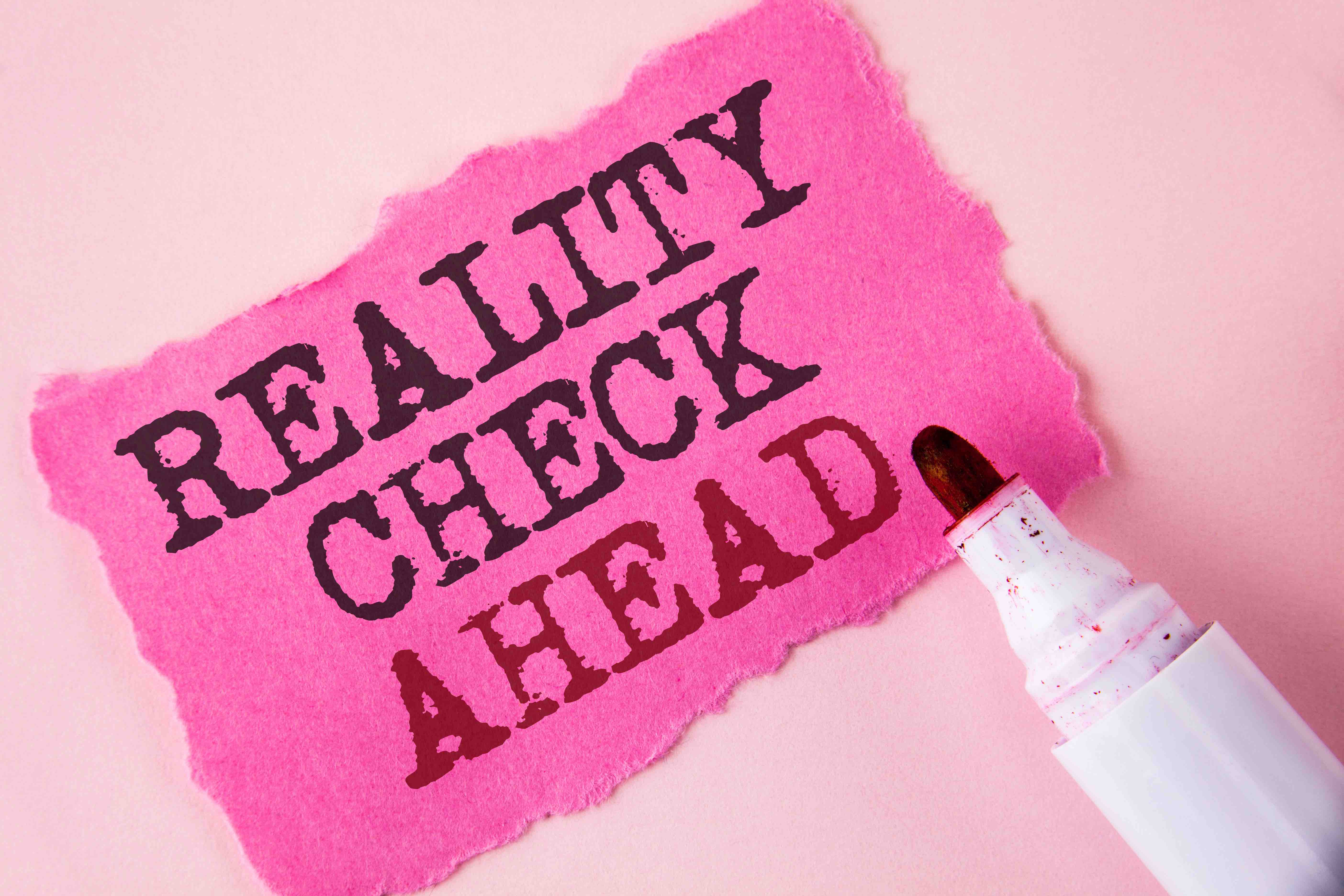Patience. What does that word mean to you? To me, it is taking a deep breath and persisting—often uphill—with faith that I will get there in the end. It’s a habit and a state of mind, and it requires a lot of practice. Fortunately, as writers, the practice comes whether we want it or not.
Read moreMaking the senses real
When writing fiction, our imaginations can often be enough to bring our characters to life. However, there is a point where nothing beats writing from real life experience, especially when writing an immersive emotional experience for the reader. I’m talking sensorial, visceral details here.
Read moreMonsters, villains & antiheros
As I embark on writing my first psychological thriller, I have been thinking a lot about the role of monsters and antiheroes in modern story telling. With so many anti-heroes in our popular culture, like Walter White, Martin Byrde and Amy Dunne, have these morally questionable protagonists replaced villains and monsters for good?
Read moreThe science of creativity
I came across an article in the journal of Urban Forestry & Urban Greening that got me thinking about how we can enhance our creativity. This particular article interviewed seventeen Danish creative professionals in an effort to determine whether nature has the capacity to enhance creativity. Spoiler: it does. But in my experience, so does standing in the shower.
Read moreThe warm embrace of rejection
Most of us have been regularly rejected since we were young children. Even if only temporarily, I’ve been rejected by friends, family, co-workers, bosses, pets (why does that hurt the most?), strangers, peers, acquaintances, intimate partners, kids. It’s part of life. Some times hurt more than others, and some feel more personal than others. But we move on—unless we’re hoping for that second-chance romance HEA, right?
Read moreThe mass media vs. the writer’s brain
At the beginning of 2020, I decided that I would stop reading the news. It was one of my goals. Instead I would read books. My decision was prompted by the realisation that knowing the news each day did not contribute to my wellbeing in any way. It wasted valuable time I could be writing or reading. And if we’re honest with ourselves, the news is mostly sensationalist crap!
Read moreOmissions, fibs and outright fantasy
Unless a fairy doomed you from birth to only tell the truth (like Tomas in Power of a Princess) you are a constant liar. Just like me and everyone else in the world. The interesting thing about lies is that most of us think we are honest—we underestimate how often we lie to protect our self-esteem. This means that your characters need to be liars too. But just like us, our characters always lie for a reason. And just like us, they often don’t realise they’re doing it!
Read morePsychology and realism
I once had a friend who decided he was going to change careers. He dreamed of abandoning his spreadsheets to become a psychiatrist. He couldn’t see anything more worthwhile in life than discovering the inner workings of humans. I agreed. But gee, it takes around 11 years to get qualified. Sounds like a long time, doesn’t it? Crazy decision (pun intended).
Read moreIntrospective reverse engineering
My current WIP is a novel rewrite with some specific goals in mind. The primary issue to fix is a distinct lack of introspection. This has completely thrown out the pacing which unfortunately means the suspense is not as, well, suspenseful as it might be.
Read moreWounds of character
One of my favourite paintings is David with the Head of Goliath by Caravaggio. The picture to the left does not do the painting justice. In person, it is incredible. But paintings like this can teach us a lot as writers as they are a moment in time after a lifetime of backstory. And a moment in time is exactly where we find our protagonist.
Read more









